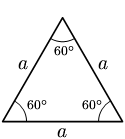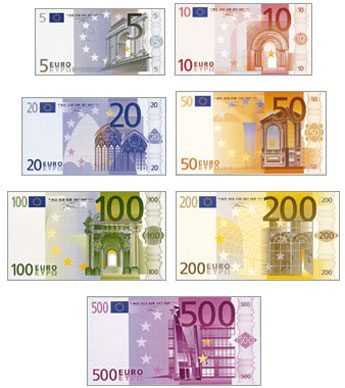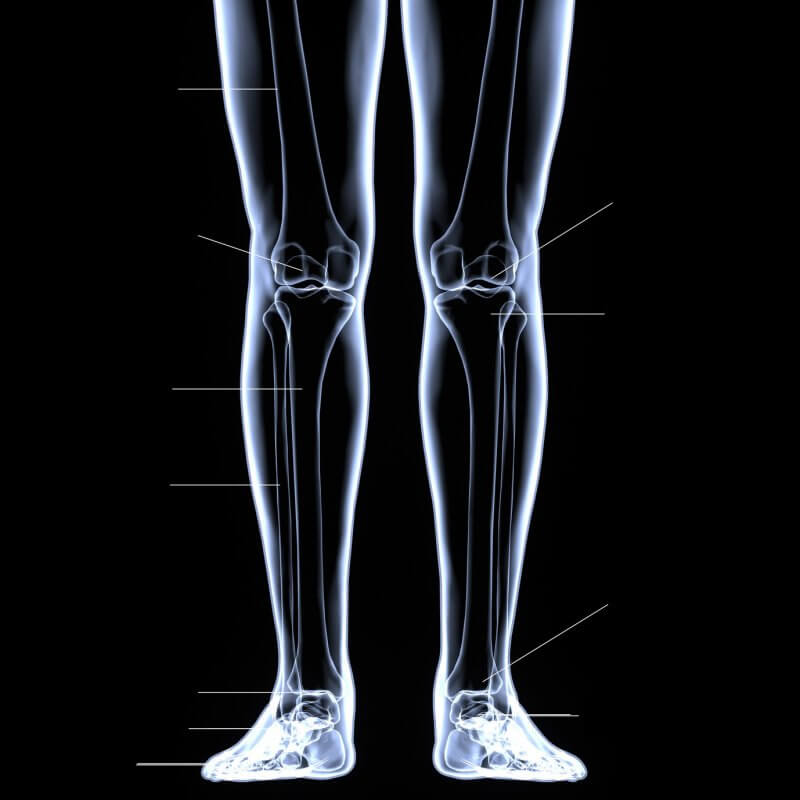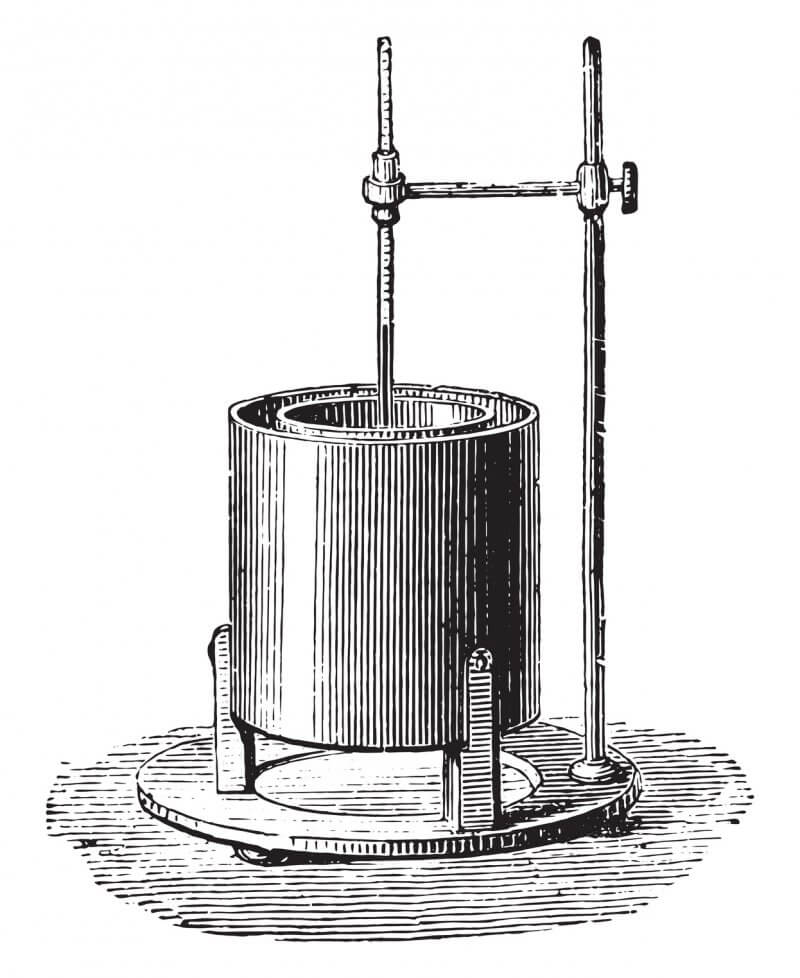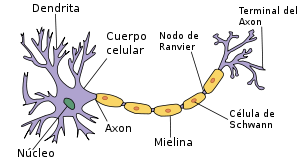 The neuron is a type of cell belonging to the central nervous system whose differential feature is the excitability of its plasma membrane, which will allow not only the reception of stimuli but also the conduction of the nerve impulse between the neurons themselves, or failing that , with other types of cells, such as the muscle fibers of the motor endplate.
The neuron is a type of cell belonging to the central nervous system whose differential feature is the excitability of its plasma membrane, which will allow not only the reception of stimuli but also the conduction of the nerve impulse between the neurons themselves, or failing that , with other types of cells, such as the muscle fibers of the motor endplate.
It is made up of a reception area called dendrite and for another broadcast known as axon or neurite. These very own morphological characteristics are the ones that will support its functions.
They are cells that have an enormous capacity when it comes to communicate accurately, quickly and even over long distances with other neurons or with other cells, be they nerve, glandular or muscular, as we mentioned, being in charge of transmitting electrical signals, called nerve impulses, in order to carry out such inter-cellular communication. The nerve impulses go through the entire neuron, beginning the journey through the dendrite until reaching the terminal buttons, which are the ones that will ultimately make the connection with other neurons, muscle fibers or glands, as appropriate.
Meanwhile, the aforementioned connection will be called synapse and it is in this contact that the transmission of the nervous impulse takes place in effect; It is opened by a chemical discharge that generates the electrical current in the membrane of the emitting cell, once the impulse reaches the end of the axon, the neuron will secrete a protein (neurotransmitters, responsible for inhibiting or exciting the action of the other neuron) that it is deposited in the synaptic space, which is the intermediate place between the transmitting and receiving neurons.
The three components of the nervous system, sensitive, integrative and motor, are shaped and interconnected by neurons. Thus, a stimulus that is captured in some sensory region delivers the information that will be transported through the neurons and analyzed by the integrating element, who will also be able to elaborate a response to it if desired and the signal will be conducted through the neurons. . The aforementioned response is always executed through a motor type action, such as muscle contraction and glandular secretion.
Neurons are highly differentiated cells Therefore, they are unable to divide once they reach maturity, a small portion, which makes up a minority, are able to do so.
The number of neurons in the brains depends on the type of species in question, for example, the human brain has approximately one hundred billion, a worm 302 and the fruit fly 300 thousand.


